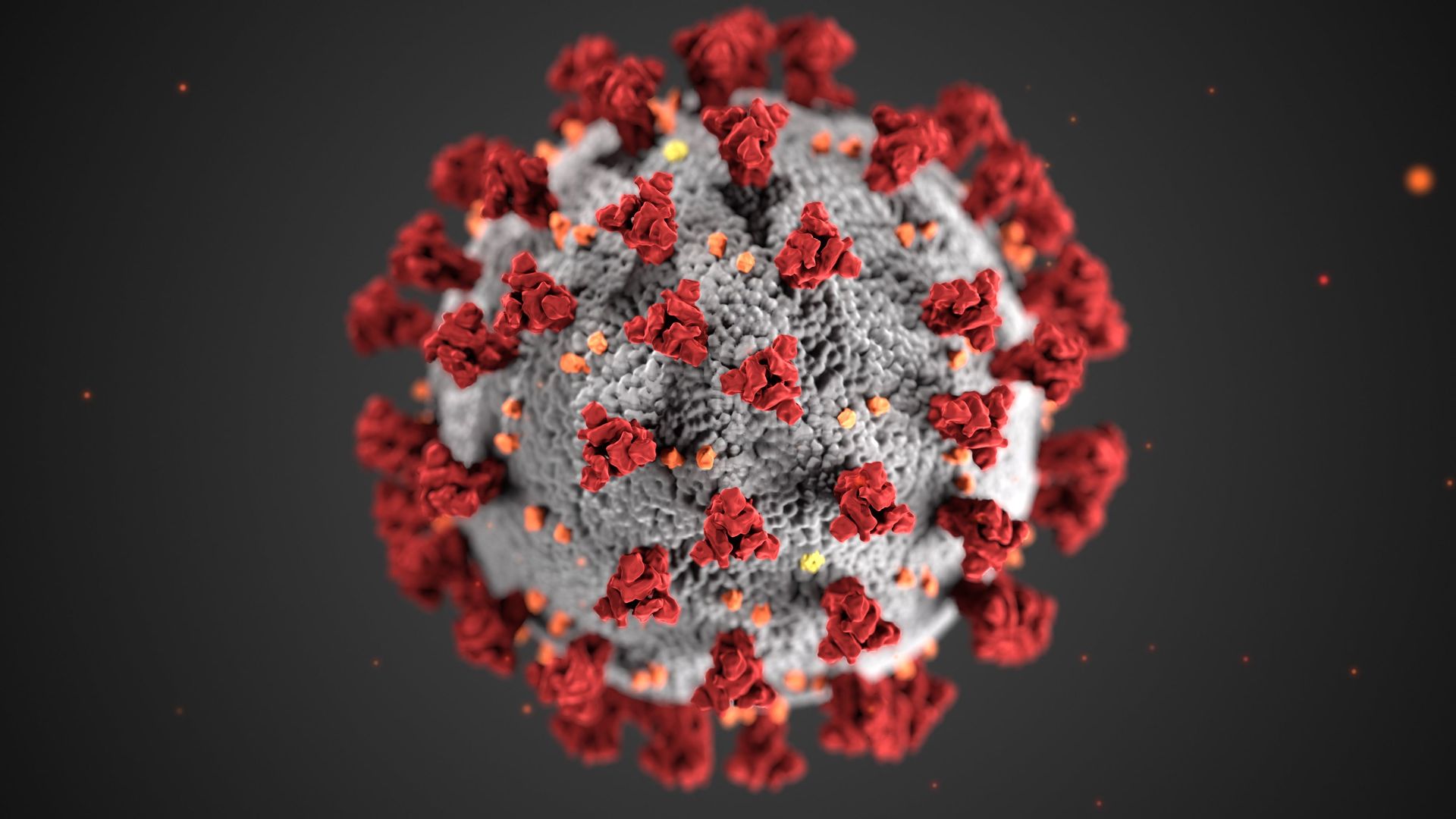
Introduction:
Nerve pain, also known as neuropathy, can be a challenging condition to manage. Conventional treatments often focus on symptom relief through medications, but many individuals seek alternative approaches that address the root causes and promote overall well-being. Naturopathy, a holistic approach to healthcare, offers a range of effective strategies to alleviate nerve pain naturally. In this blog, we will explore five naturopathic methods that have shown promise in managing nerve pain.
1. Herbal Remedies:
Herbal remedies are considered effective in treating nerve pain through naturopathy for several reasons. Naturopathy, as a holistic approach to healthcare, emphasizes the use of natural substances to support the body's innate healing processes. Here are some reasons why herbal remedies are often regarded as effective in managing nerve pain:
- Anti-Inflammatory Properties:
- Many herbs possess anti-inflammatory properties that can help reduce inflammation around nerves, which is often a contributing factor to nerve pain. Inflammation can put pressure on nerves, leading to pain and discomfort. Herbs like St. John's Wort have demonstrated anti-inflammatory effects, potentially providing relief from nerve pain.
2. Analgesic Effects:
- Some herbs exhibit analgesic or pain-relieving properties. These herbs can help alleviate the sensation of pain by acting on the nervous system. For instance, St. John's Wort has been traditionally used for its analgesic effects, making it a potential natural remedy for nerve pain.
3. Nervine Tonics:
- Certain herbs are classified as nervine tonics, meaning they have a tonifying and strengthening effect on the nervous system. Herbs like Skullcap and Passionflower fall into this category and are believed to have a calming influence on the nervous system, helping to reduce nerve-related discomfort.
4. Adaptogenic Qualities:
- Adaptogens are herbs that are thought to help the body adapt to stress and restore balance. Chronic stress can exacerbate nerve pain, and adaptogenic herbs like Ashwagandha and Holy Basil may support the body's ability to cope with stress, potentially reducing the intensity of nerve pain.
5. Minimal Side Effects:
- Compared to some pharmaceutical medications, herbal remedies often come with fewer side effects. This can be particularly appealing to individuals who prefer natural, gentler approaches to managing their health. However, it's important to note that herbs can still have interactions with medications or other health conditions, highlighting the importance of consulting with a qualified naturopath or healthcare professional.
6. Individualized Treatment:
- Naturopathy focuses on individualized treatment plans, taking into account the unique needs of each person. A naturopathic doctor can recommend specific herbs based on a thorough assessment of the individual's health, considering factors such as overall constitution, lifestyle, and the specific nature of the nerve pain.
2. Nerve Rejuvenation Therapy (NRT):
Nerve Rejuvenation Therapy (NRT), introduced by Saravanan Naturopath in 2007, offers a holistic healing approach by connecting specific hand areas to different body parts, drawing insights from ancient wisdom. NRT addresses diverse health challenges with an emphasis on accessibility—no needles or medical tools are required, making it easily learnable.
Distinctive in its hand-based foundation, NRT utilizes connectivity to promote wellness with an altruistic spirit. Practitioners aim to share this knowledge, empowering individuals for self-treatment and supporting others on their wellness journey...
Click here to learn more about the effectiveness of Saravanan Naturopath's NRT treatment on patients
3. Diet and Nutritional Support:
Diet and nutritional support are considered effective ways to treat nerve pain through naturopathy for several reasons:
- Anti-Inflammatory Properties: Many foods that are part of a naturopathic diet, such as fruits, vegetables, and omega-3 fatty acids found in fish oil and flaxseed, have anti-inflammatory properties. Inflammation is often associated with nerve pain, and by consuming anti-inflammatory foods, individuals may experience a reduction in inflammation and subsequent relief from nerve pain.
- Nourishing Nerve Health: Certain nutrients are essential for nerve health and function. B vitamins, especially B12, are crucial for the proper functioning of the nervous system. A deficiency in these nutrients can contribute to nerve damage and pain. By including foods rich in B vitamins and considering supplementation under the guidance of a naturopathic doctor, individuals can support nerve health.
- Blood Sugar Regulation: Maintaining stable blood sugar levels is important for individuals with nerve pain, especially those with diabetic neuropathy. A diet that focuses on complex carbohydrates, fiber, and moderate protein can help regulate blood sugar levels, reducing the risk of nerve damage and associated pain.
- Supporting Overall Well-Being: Naturopathy emphasizes a holistic approach to health, considering the interconnectedness of the body's systems. A well-balanced diet that provides essential nutrients not only supports nerve health but also contributes to overall well-being. When the body is in optimal health, it is better equipped to manage and alleviate conditions such as nerve pain.
- Reducing Oxidative Stress: Oxidative stress, caused by an imbalance between free radicals and antioxidants in the body, can contribute to nerve damage. Antioxidant-rich foods, such as fruits and vegetables, help combat oxidative stress, potentially protecting nerves from further damage and reducing pain.
- Individualized Approach: Naturopathy takes into account the individual's unique needs and health history. A naturopathic doctor can assess the specific nutritional deficiencies or imbalances contributing to nerve pain and tailor a personalized diet plan and supplementation regimen accordingly.
- Promoting Long-Term Wellness: Unlike some medications that may focus solely on symptom relief, diet and nutritional support in naturopathy aim to address underlying causes and promote long-term wellness. By adopting a nourishing diet, individuals can create sustainable habits that support their overall health and prevent the recurrence of nerve pain.
4. Mind-Body Techniques:
Mind-body techniques are considered effective in treating nerve pain through naturopathy due to the intricate connection between the mind and the body. These approaches recognize that emotional well-being, stress levels, and mental states can significantly impact physical health, including the experience of pain. Here are several reasons why mind-body techniques are beneficial for treating nerve pain:
- Stress Reduction:
- Chronic stress can exacerbate nerve pain by triggering the release of stress hormones, leading to inflammation and heightened sensitivity to pain. Mind-body techniques such as meditation, deep breathing, and progressive muscle relaxation are known to reduce stress and promote a sense of calm. By managing stress, these techniques contribute to minimizing the impact of nerve pain.
2. Neuroplasticity and Pain Perception:
- The brain's ability to reorganize itself, known as neuroplasticity, plays a crucial role in how pain is perceived. Mind-body practices can influence neuroplasticity, potentially changing the way the brain processes pain signals. Techniques like mindfulness meditation have been shown to alter pain perception by modifying neural pathways and reducing the brain's response to pain stimuli.
3. Enhanced Relaxation Response:
- Mind-body techniques elicit the relaxation response, a state characterized by decreased heart rate, lowered blood pressure, and reduced muscle tension. This relaxation response counteracts the body's stress response, which, when chronic, can contribute to nerve pain. By promoting relaxation, these techniques create a more favorable environment for the body to heal and reduce pain sensitivity.
4. Improved Sleep Quality:
- Sleep disturbances often accompany nerve pain conditions. Mind-body techniques can improve sleep quality by calming the mind and promoting relaxation. Adequate and restful sleep is crucial for overall health and healing, and addressing sleep issues can indirectly contribute to the management of nerve pain.
5. Holistic Approach to Well-Being:
- Naturopathy emphasizes a holistic approach to health, considering the interconnectedness of the mind, body, and spirit. Mind-body techniques align with this philosophy by addressing not only the physical symptoms but also the emotional and mental aspects of nerve pain. This holistic approach aims to enhance overall well-being and quality of life.
6. Empowerment and Self-Management:
- Mind-body techniques empower individuals to actively participate in their healing process. Practices like mindfulness and yoga encourage self-awareness and self-regulation. By incorporating these techniques into daily life, individuals gain tools to manage their pain, reduce anxiety, and improve their mental outlook, fostering a sense of control over their health.
5. Physical Therapy and Exercise:
Physical therapy and exercise are effective ways to treat nerve pain through naturopathy for several reasons, emphasizing a holistic and proactive approach to managing neuropathic conditions. Here are some key reasons why physical therapy and exercise are beneficial in the context of naturopathic treatment for nerve pain:
- Improved Blood Circulation:
- Physical activity, including exercises prescribed in physical therapy, helps improve blood circulation throughout the body. Enhanced blood flow ensures that essential nutrients and oxygen reach nerve cells, promoting their health and function.
2. Muscle Strengthening and Support:
- Strengthening the muscles surrounding nerves provides added support and stability. This is crucial in preventing compression or irritation of nerves, which can contribute to nerve pain. Physical therapy exercises are designed to target specific muscle groups, aiding in overall musculoskeletal health.
3. Neuroplasticity and Nerve Remodeling:
- Exercise has been shown to promote neuroplasticity, the brain's ability to adapt and reorganize itself. Regular physical activity can positively influence the nervous system, promoting nerve remodeling and potentially reducing pain signals.
4. Endorphin Release and Pain Modulation:
- Exercise stimulates the release of endorphins, the body's natural painkillers. These endorphins not only help improve mood but also play a role in modulating pain signals. Engaging in regular exercise can contribute to a natural reduction in the perception of pain.
5. Reduced Inflammation:
- Chronic inflammation is often associated with nerve pain. Regular exercise has anti-inflammatory effects, helping to reduce overall inflammation in the body. This can contribute to a decrease in pain intensity for individuals with neuropathic conditions.
6. Improved Range of Motion and Flexibility:
- Physical therapy focuses on improving range of motion and flexibility, which is essential for individuals with nerve pain. Increased flexibility can reduce tension in muscles and nerves, potentially alleviating symptoms and improving overall comfort.
7. Stress Reduction:
- Exercise is known to be a powerful stress reducer. Chronic stress can exacerbate nerve pain, as it may contribute to increased muscle tension and heightened sensitivity to pain. Incorporating regular physical activity can help manage stress levels, benefiting both mental and physical well-being.
Conclusion:
Naturopathy offers a holistic and personalized approach to treating nerve pain. While these naturopathic methods have shown promise for many individuals, it's essential to consult with a qualified naturopathic doctor to create a tailored treatment plan. Integrating these natural approaches into your lifestyle may provide relief and contribute to long-term nerve health, empowering individuals to take charge of their well-being.
To learn how to cure IBS (Irritable Bowel Syndrome) through naturopathy, click here












